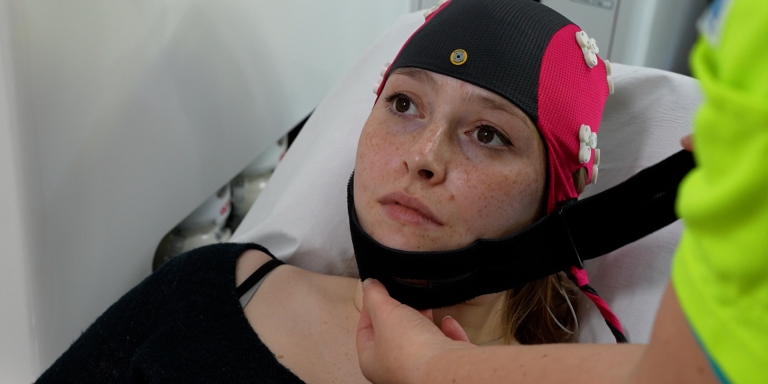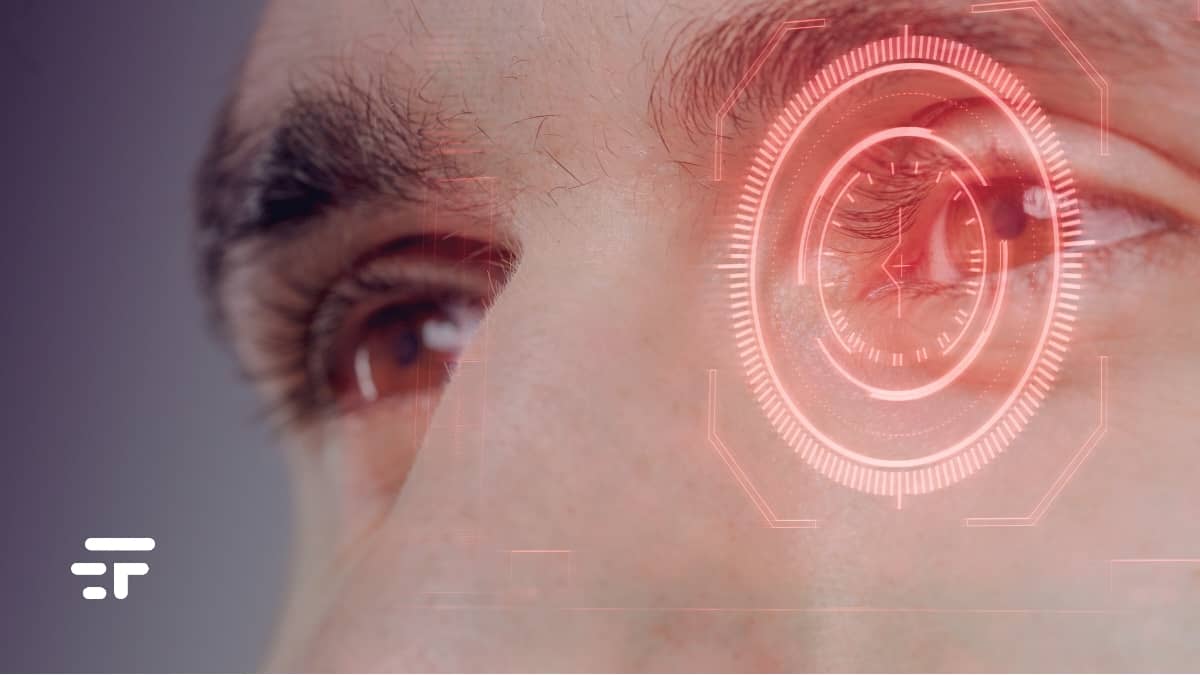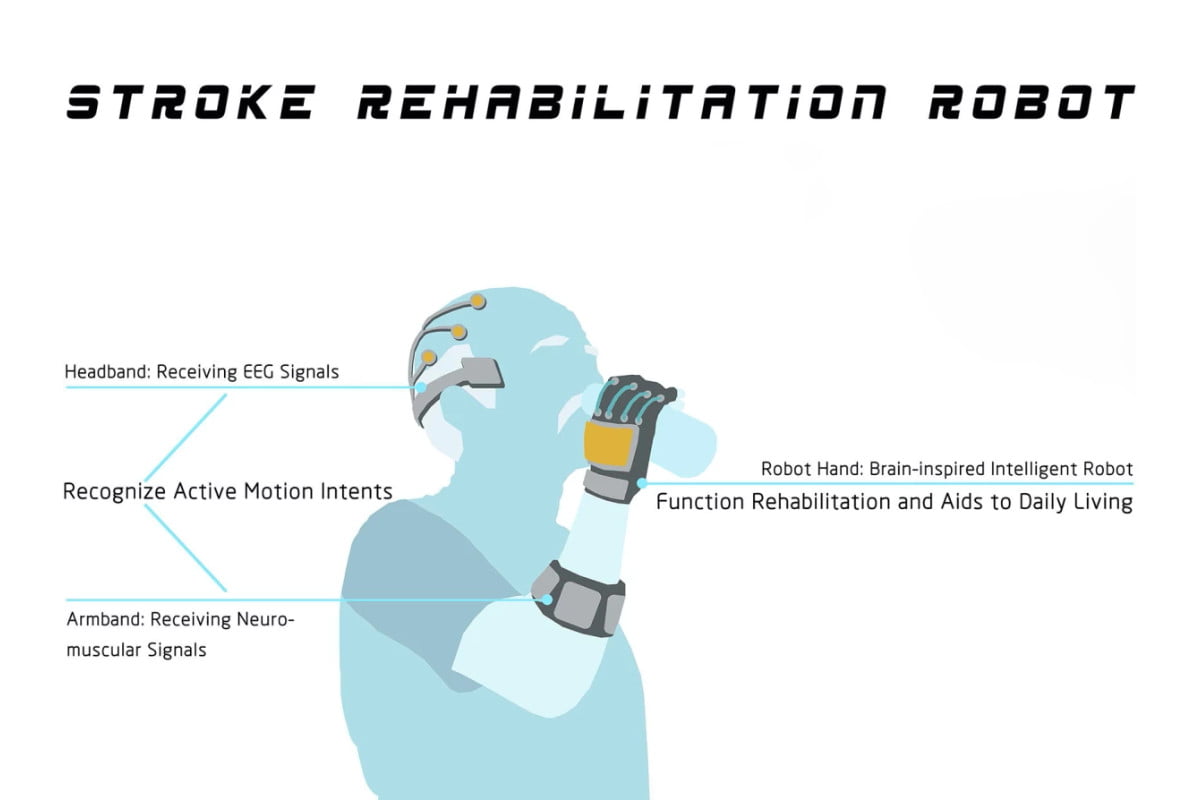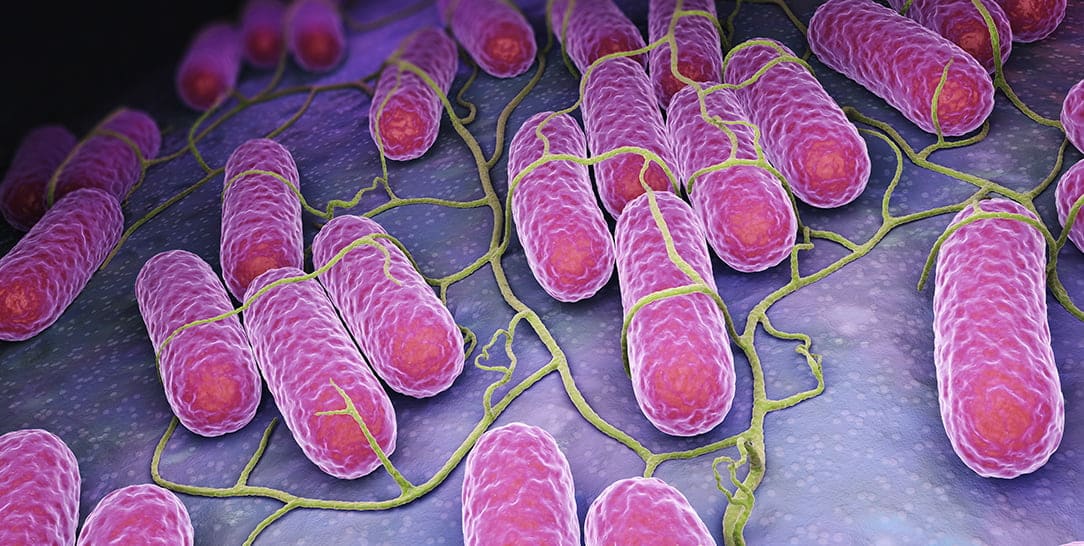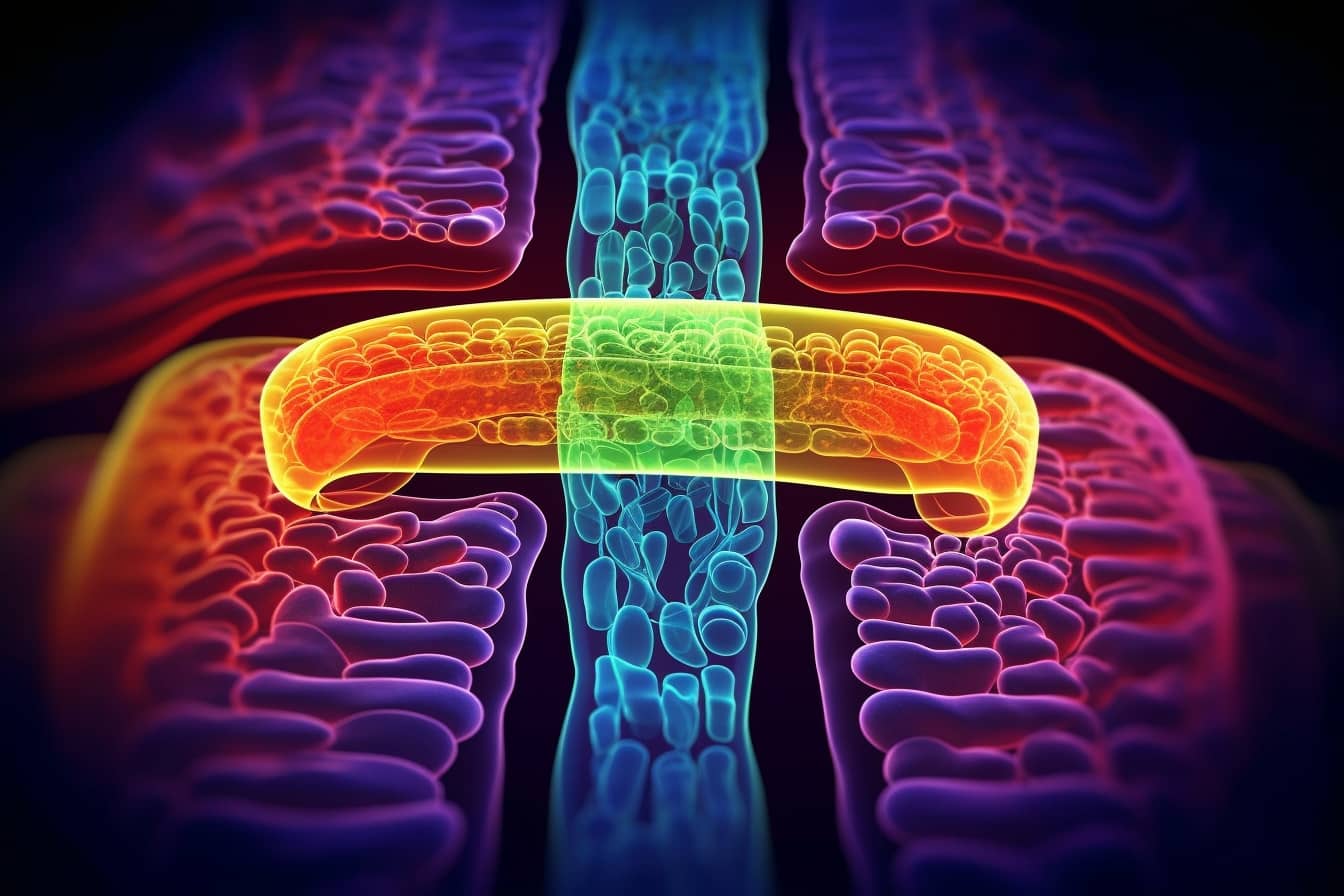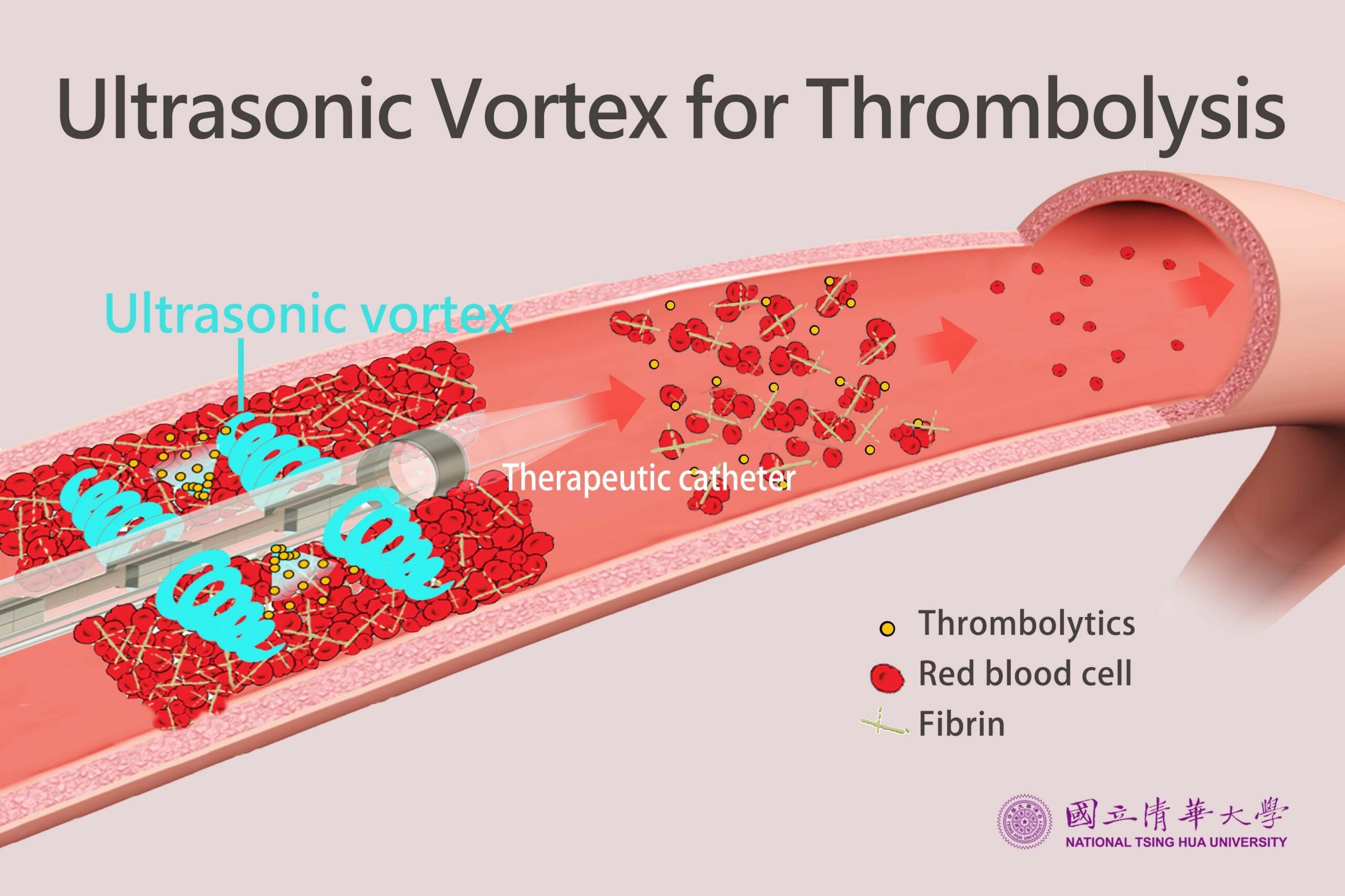To provide the best experiences, we use technologies such as cookies to store and / or access device information. Consent to these technologies will allow us to process data such as browsing behavior or unique IDs on this site. Not consenting or withdrawing consent may adversely affect some features and functions.
Technical storage or access are strictly necessary for the legitimate purpose of allowing the use of a specific service explicitly requested by the subscriber or user, or for the sole purpose of carrying out the transmission of a communication over an electronic communications network. .
Technical storage or access is required for the legitimate purpose of storing preferences that are not required by the subscriber or user.
Technical storage or access that is used exclusively for statistical purposes.
Technical storage or access that is used exclusively for anonymous statistical purposes. Without a subpoena, voluntary compliance by your Internet Service Provider, or further registration by a third party, information stored or retrieved for this purpose alone cannot usually be used for identification.
Technical storage or access is required to create user profiles to send advertising, or to track the user on a website or on different websites for similar marketing purposes.
